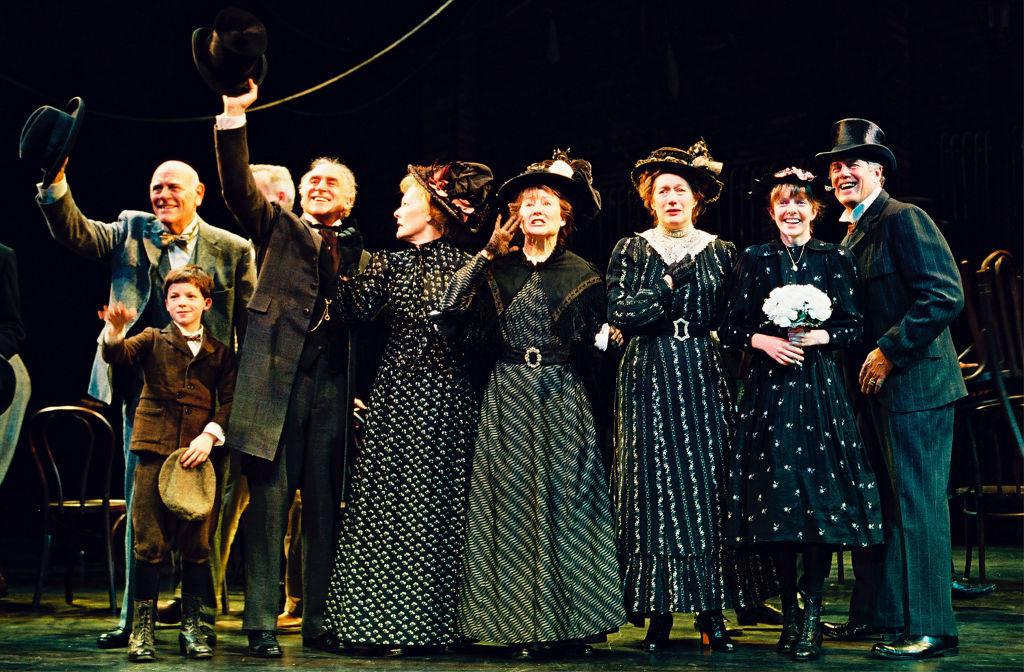Around the age of 55, I discovered I could no longer trust myself to read certain poems to my students without the risk of tears.
I don’t recollect what poem I was reading aloud to the class on that day of revelation. What I knew at the time was that my voice was cracking and my eyes were filling up with saltwater. Deciding that the last thing these young people needed to see was an old guy with tears streaming down his time-roughened cheeks, I halted the reading, declared a five-minute break, washed my face in the restroom, and returned to a class of students still amazed—or perhaps disconcerted—that a poem could so affect their teacher.






